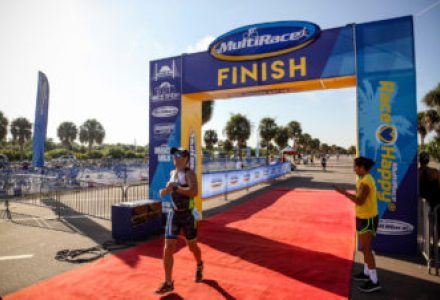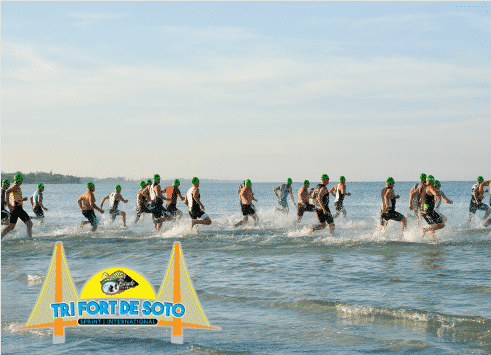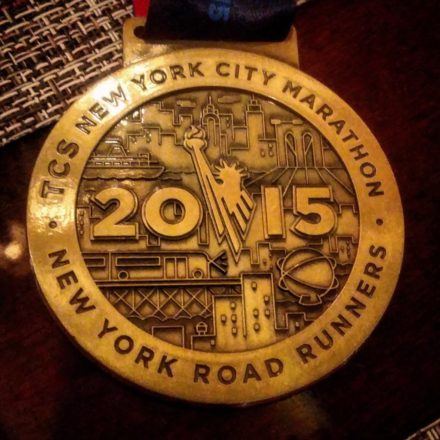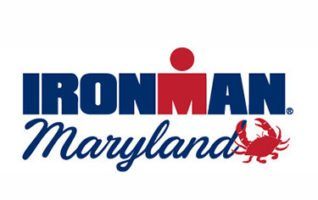The previous post was a review of the FD3 Triathlon Series as if it was a product. Below you will find a more detailed account of my personal experiences during the race. Let me know in the...


The previous post was a review of the FD3 Triathlon Series as if it was a product. Below you will find a more detailed account of my personal experiences during the race. Let me know in the...

FD3 FLORIDA TRIATHLON INTRODUCTION The event company Multirace, holds numerous running and Florida triathlon events, and recently has planned an event in Habana, Cuba. The Multirace...

If you didn’t have an opportunity to read the epic writing in the previous post, I discussed the reason “why” I ran the NYC Marathon, then I highly recommend that you do. Not just because the...

My Why - PKD The human brain is an advanced computer that controls many different systems. The body is like a room full of servers each independently managing a different system with one major...

IRONMAN Maryland Part 1 I signed up for Ironman Maryland initially due to the reviews that said it was fast, and beautiful. Jaime started it with all the hype about it being a fast flat bike course...

Happy Hump Day! Workout Wednesday’s will consist of favorite workout of mine that I either have prescribed to my clients or have been assigned by MY Coach. It might also be a favorite of yours. ...

Do you have any other tips for training?
Please leave a comment with your tip